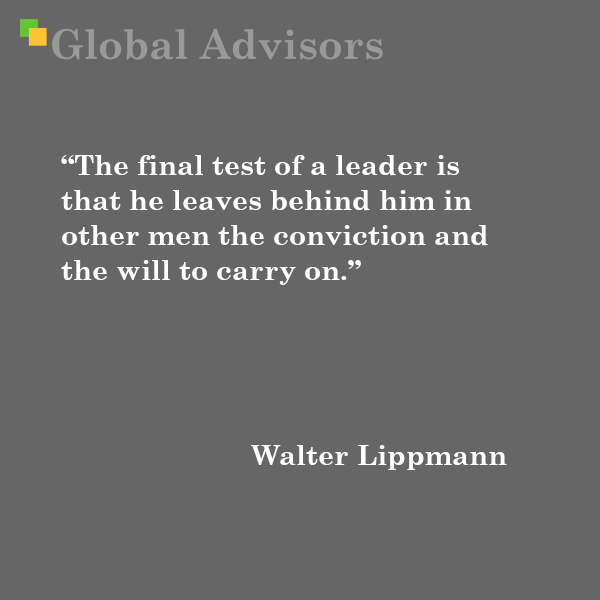“Great leaders don’t set out to be a leader. They set out to make the difference. It is never about the role – always about the goal.” – Lisa Haisha

“Great leaders don’t set out to be a leader. They set out to make the difference. It is never about the role – always about the goal.” – Lisa Haisha

“I can give you a six-word formula for success: Think things through—then follow through.” – Edward Rickenbacker

“Leadership is not just about giving energy… it’s unleashing other people’s energy.” – Paul Polman
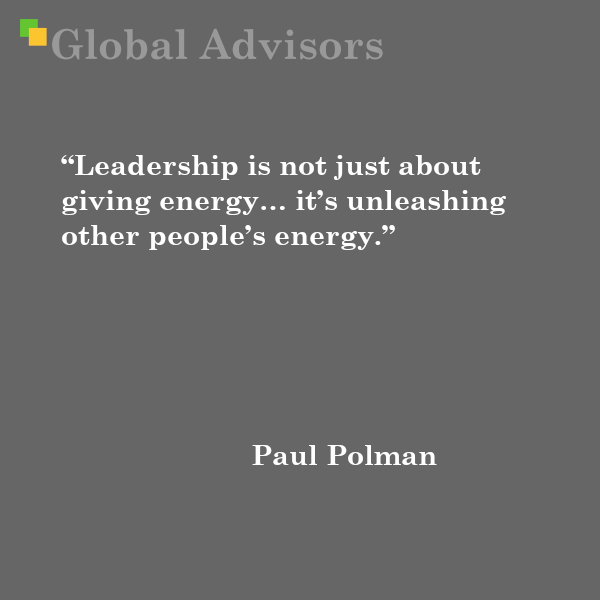
“Average leaders raise the bar on themselves; good leaders raise the bar for others; great leaders inspire others to raise their own bar.” – Orrin Woodward
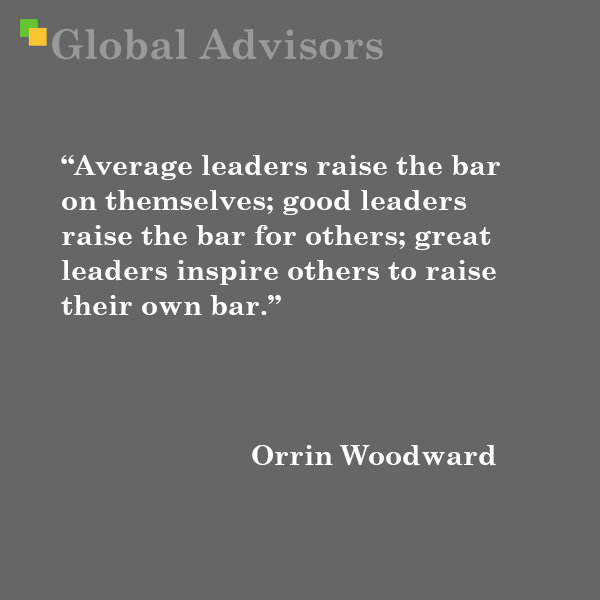
“Leadership is an opportunity to serve. It is not a trumpet call to self-importance.” – J. Donald Walters

“Action springs not from thought, but from a readiness for responsibility.” – Dietrich Bonhoeffer
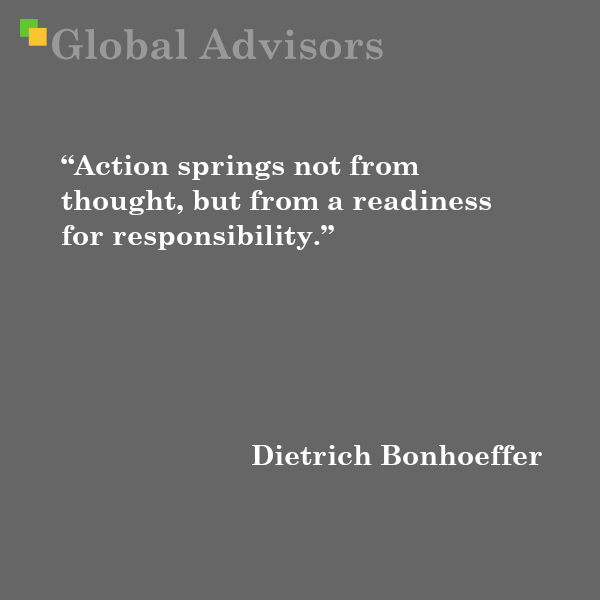
“Humility is the ability to give up your pride and still retain your dignity.” – Vanna Bonta

“Everyone thinks of changing the world, but no one thinks of changing himself.” – Leo Tolstoy
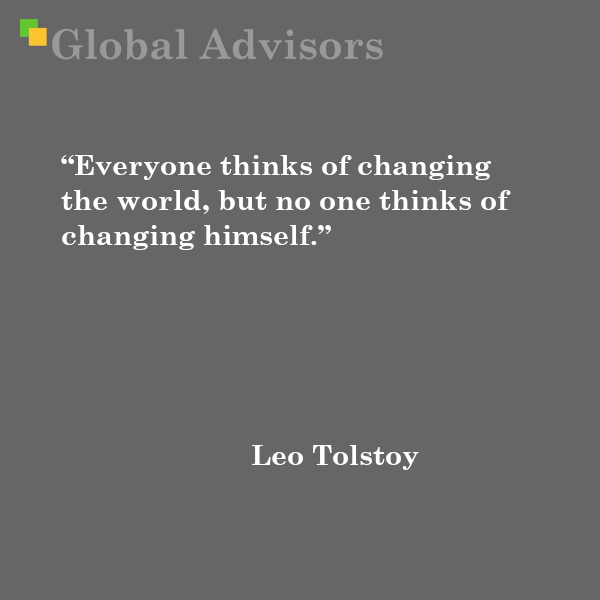
“A person who is happy is not because everything is right in his life, He is happy because his attitude towards everything in his life is right.” – Sundar Pichai

“If there is one trait that your brand must speak of, it is trust.” – Idowu Koyenikan
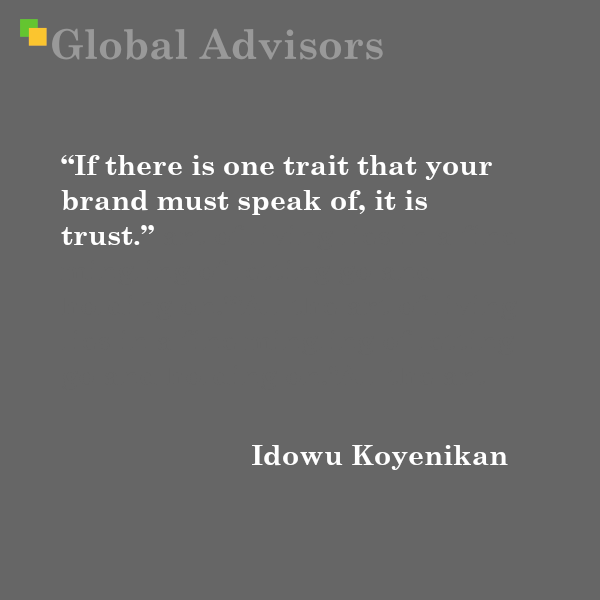
“If you have a strong purpose in life, you don’t have to be pushed. Your passion will drive you there.” – Roy T. Bennett
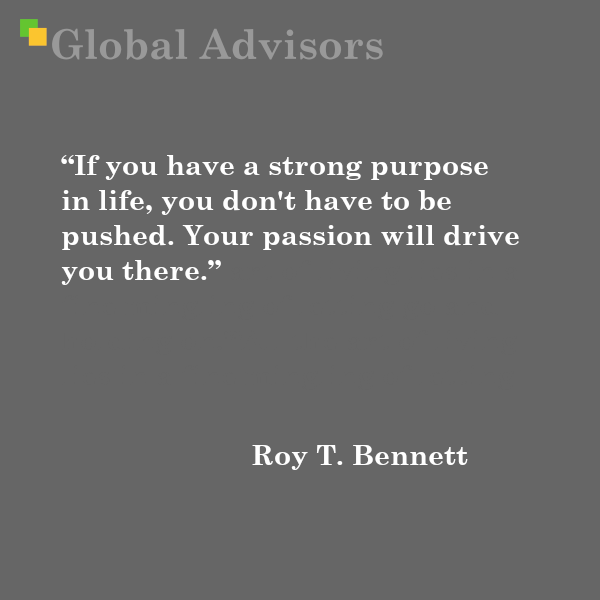
“To be a leader, you have to make people want to follow you, and nobody wants to follow someone who doesn’t know where he is going.” – Joe Namath
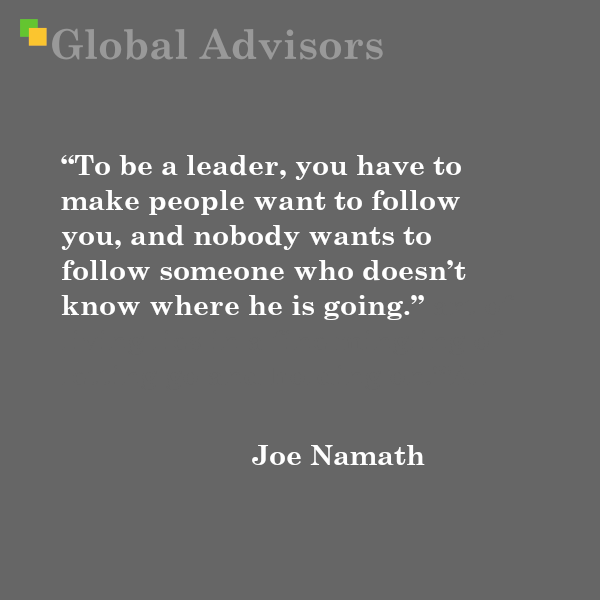
“To be persuasive we must be believable; to be believable we must be credible; credible we must be truthful.” – Edward Murrow
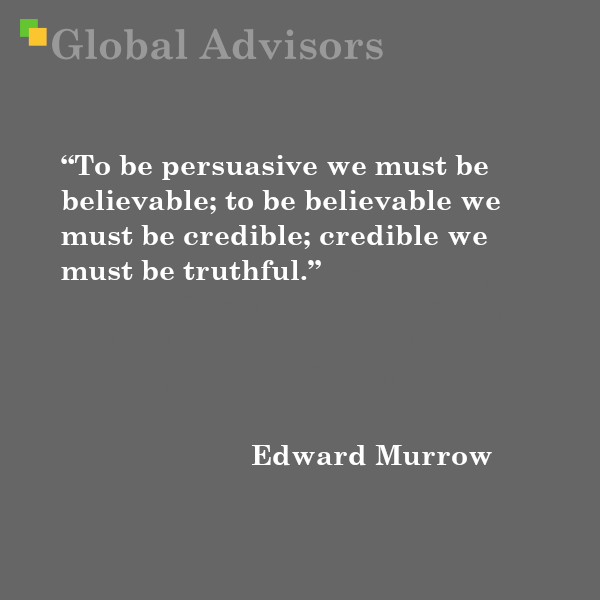
“It takes 20 years to build a reputation and five minutes to ruin it. If you think about that, you’ll do things differently.” – Warren Buffett
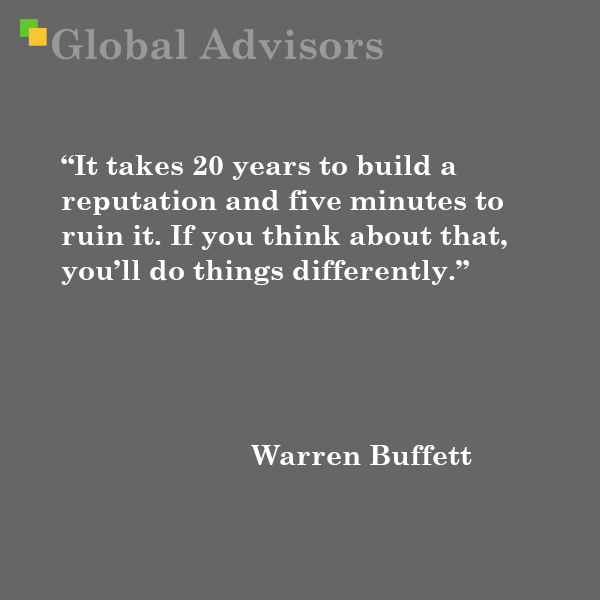
“An organization’s ability to learn, and translate that learning into action rapidly, is the ultimate competitive advantage.” – Jack Welch
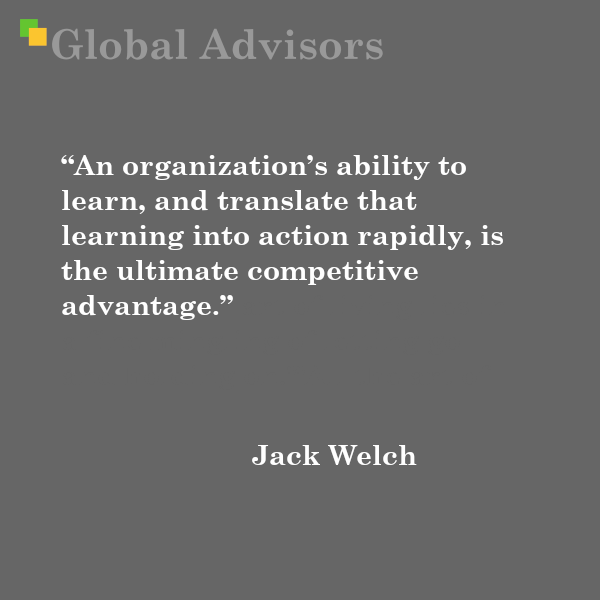
“What you do has far greater impact than what you say.” – Stephen Covey

“The greatest gift of leadership is a boss who wants you to be successful.” – Jon Taffer
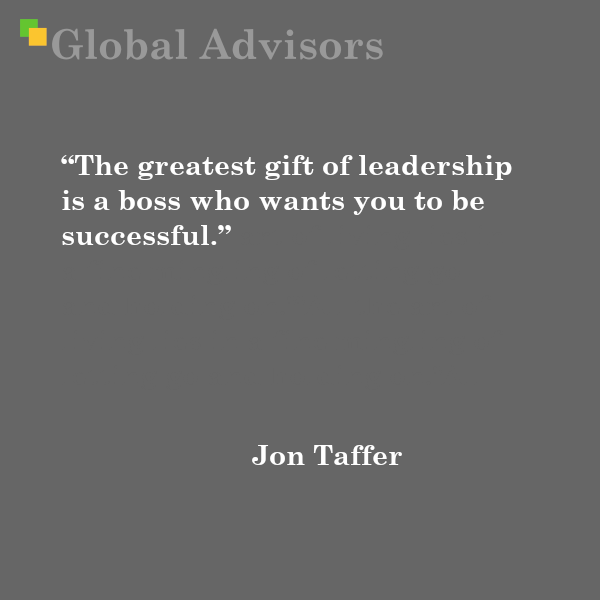
“The art of communication is the language of leadership.” – James Humes
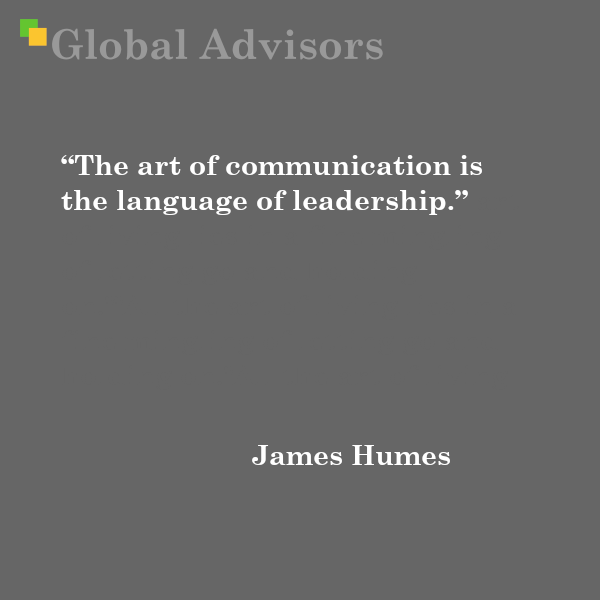
“The growth and development of people is the highest calling of leadership.” – Harvey S. Firestone
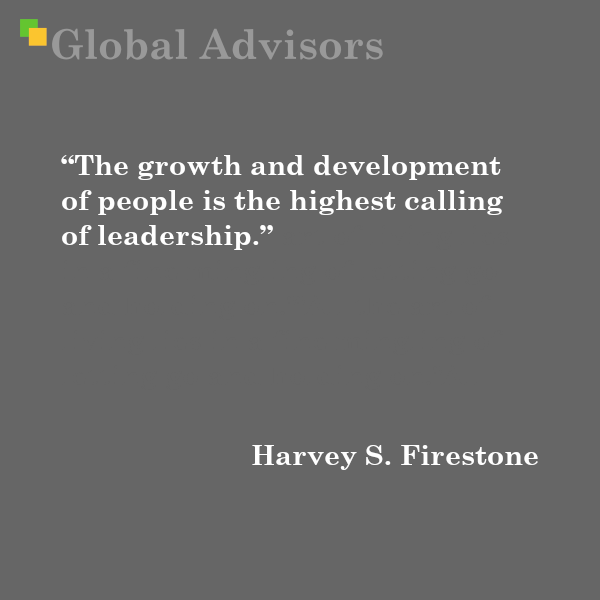
“The final test of a leader is that he leaves behind him in other men the conviction and the will to carry on.” – Walter Lippmann
